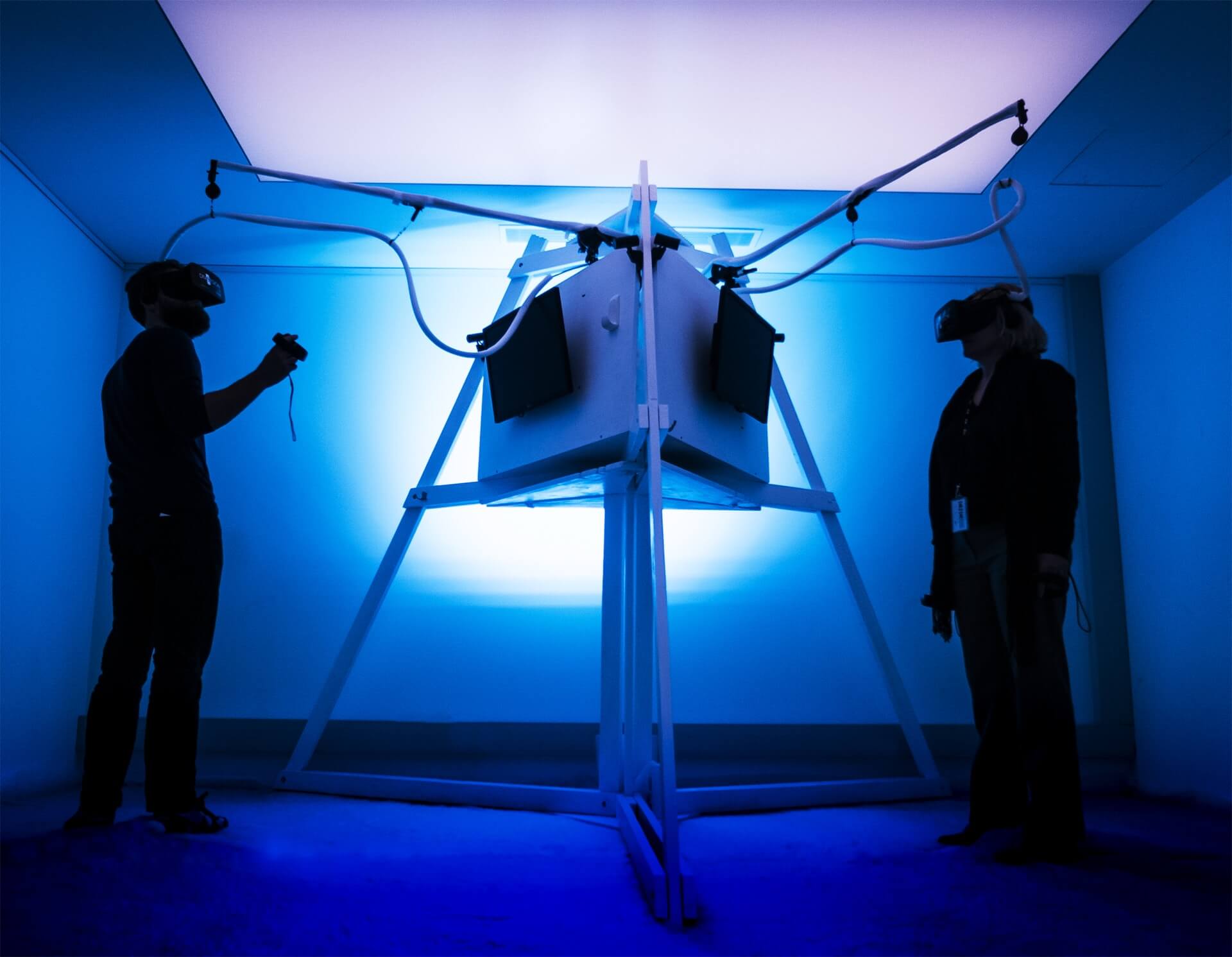
What will Extended Reality mean for business?
The way we do business has changed entirely if we look back just a decade. Significant technological advances have meant that technologies such as immersive experiences are helping companies leverage the hundreds of applications they have to improve their business.
We are at a time when virtual and physical worlds are converging and renewing the landscape of many industries. Many industries have seen how these types of experiences are pushing them to think differently and create innovative solutions that break down the barriers and challenges imposed by distance.
Extended reality for business offers new ways to interact with products and services while driving customer engagement and loyalty. We analyze what it is, its applications, and its advantages.
What is Extended Reality
Extended reality is a term that unites virtual reality (VR), augmented reality (AR), and mixed reality (MR). Extended reality is referred to as XR, where the “X” is considered as a variable that can be replaced by any of the other three realities “V,” “A” or “M.”
However, unlike the others, XR is based on sensors everywhere, making us the protagonists even more. Therefore, extended reality refers to a technology-generated environment that arises from a combination of real and virtual worlds. The created realities attempt to replicate, change or replace the stimuli of the real world to create a sense that the reproduced ones make us present in an alternative reality.
Extended Reality Market Size
Extended reality allows users to see, hear and understand things in a way that would not be possible in the real world.
Although many people associate it exclusively with the video game industry, these technologies are rapidly being adopted in many sectors. It makes it easier for enterprises with very traditional models to adopt new practices that improve their business offerings and customer experience.
The extended reality (XR) market is expected to reach $463.7 billion in five years. In fact, without moving from 2022, the XR market is expected to reach $209 billion this year, which is eight times what it is today.

Extended Reality for Business
All industries are undergoing a major digital transformation. Whether they remain relevant in today’s landscape or lose their relevance depends on their adaptation. Extended reality allows companies to leave the walls of an office and be closer to their customers, workers, and partners from anywhere.
In addition, extended reality for business solutions help reduce costs, increase revenue and productivity, and improve the customer experience. Some examples of extended reality for enterprises are:
- Remote work: Workers can connect from anywhere with professionals in other parts of the world as if they were in the same room.
- Marketing strategies: XR brings marketers closer to their potential clients and customers to implement the best strategy for the company’s benefit.
- Training: Immersive learning allows employees in high-risk industries to conduct training processes in lower-risk environments.
- Entertainment: It has been one of the first industries to adopt it, and you only have to wait a little while to see the new ways of using these technologies.
- Customer service: Technicians can use virtual manuals and guides instead of working with paper documents, saving money and reducing downtime by providing remote assistance.
Extended Reality in Retail
In the retail sector, extended reality allows customers to try on products before they buy them, whether it be clothing, furniture, eyewear, watches, etc.
Examples include Rolex, which gives customers the option of seeing how their watches would look on the wrist of each potential buyer. Ikea, for its part, has developed an app so that buyers can place items in an actual room and see how they would fit in the environment for which they are intended.
Extended Reality in Healthcare
As we have mentioned on other occasions, the applications of these technologies in the healthcare sector are multiplying as the years go by, and there are still many more to come.
Currently, surgeons use X-ray platforms to study organs in 3D and see the complexity of a situation before starting to operate. This technology makes it possible to plan surgeries to perform them more efficiently and safely, even with high complexity.
Extended Reality in Real Estate
Buying or renting a home can be a time-consuming and time-consuming process. With XR, potential buyers can take a virtual tour of properties, which makes the process much faster and allows real estate agents to close deals without being physically on site.
In fact, 77% of agents prefer to use this virtual staging. In addition, prospective buyers can move items or change details to get a personalized future view of the property.
Extended Reality in Gaming
It is the most open to using this type of immersive technology. The video game market is booming and moving billions of dollars worldwide, which gives the possibility of unlimited development.
Some examples include PlayStation VR, which allows the rendering of images in real-time, creating a fully immersive environment where the player feels like he is inside the graphics.
Extended Reality Challenges
The challenges facing extended reality for business begin with its widespread adoption. In addition, this technology collects and processes vast amounts of very detailed and personal data, so data security is crucial.
On the other hand, the cost of implementing this technology is still relatively high and not affordable for all companies. Comfortable, connected, intelligent, and cheaper portable devices must be developed. Also, significant technical and hardware problems must be solved to solve connectivity, lighting, or screen problems that help to create a more immersive world in which virtual objects cannot be distinguished from real ones.
The Evergine team is working to solve these problems and is getting closer to more sophisticated XR applications applied to business. Do you want to know more? Contact us!


